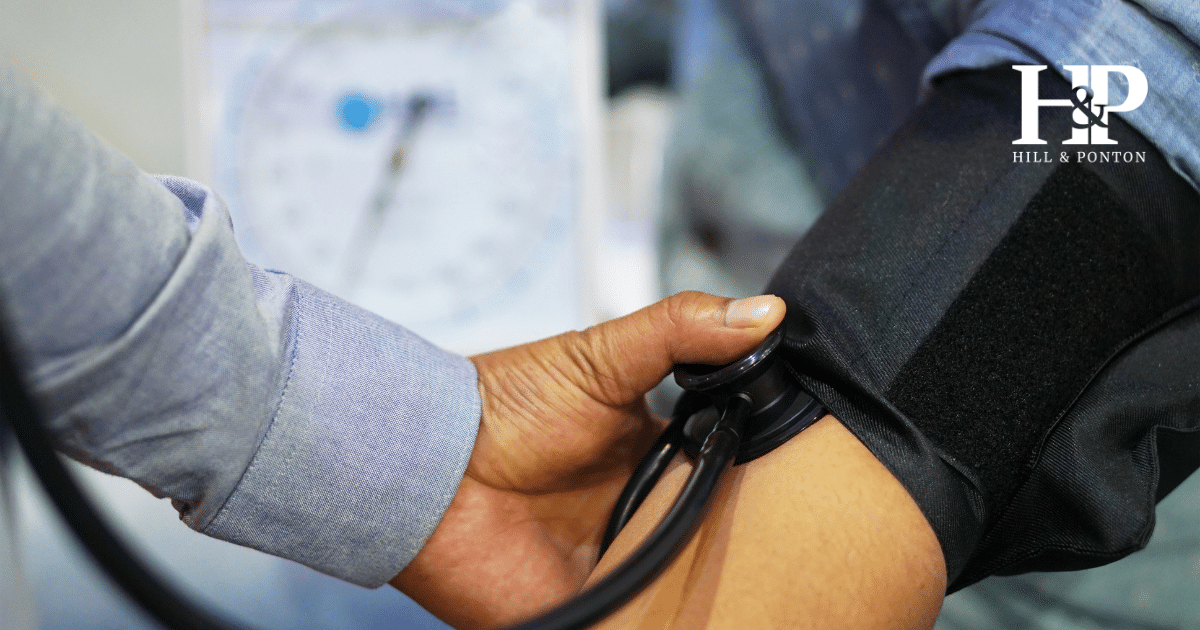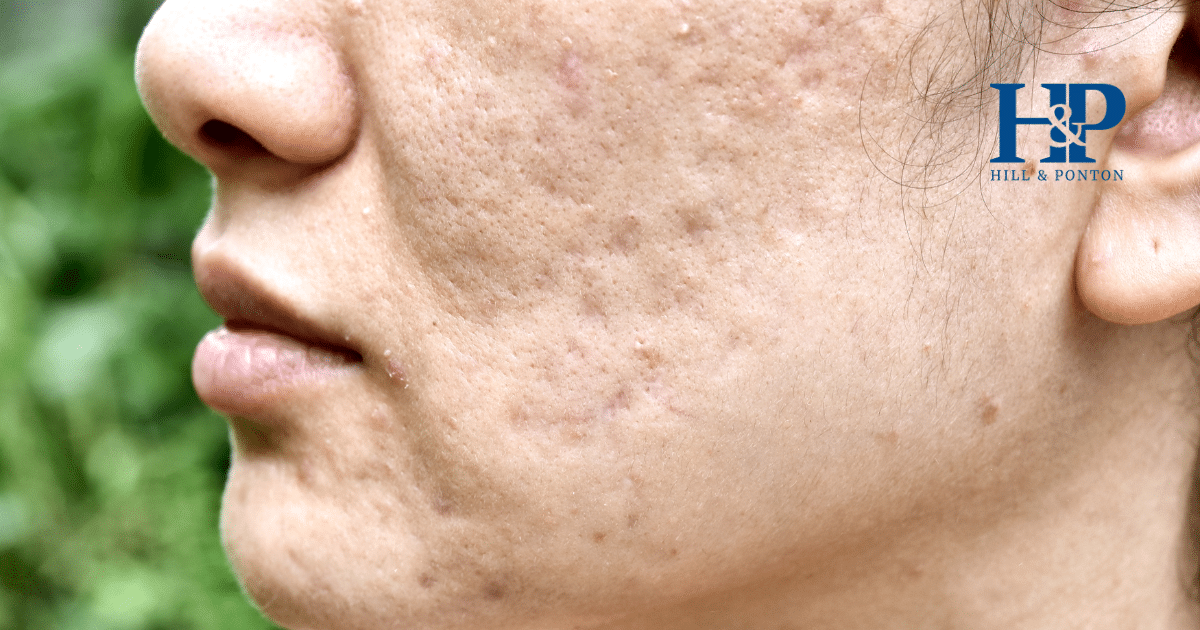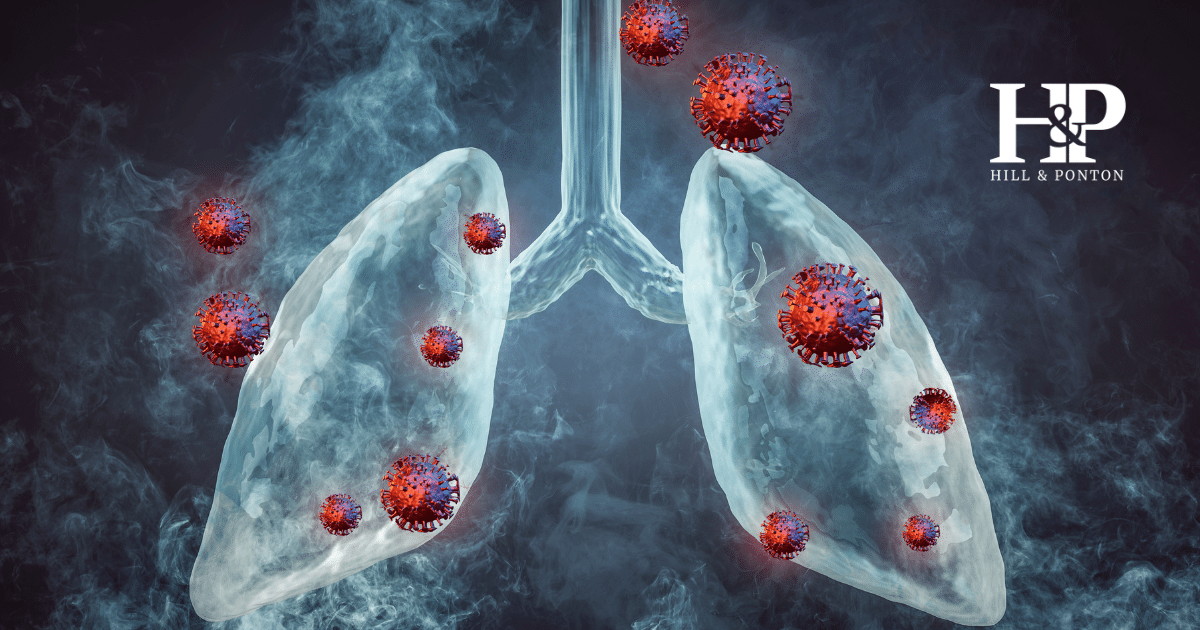The CDC estimates that 47% of Americans have high blood pressure and that “more than 670,000 deaths in the United States had hypertension as a primary or contributing cause.” Its prevalence is particularly felt in the veteran community, where rates of high blood pressure for Vietnam veterans exposed to Agent Orange during military service are found to be higher than in the general population.
The VA Decision on Hypertension and Agent Orange
Passed into law in August of 2022, the Honoring our PACT Act piece of VA legislation added hypertension to its list of diagnoses presumed to be caused by exposure to the tactical herbicide known as Agent Orange, making eligibility for disability benefits much easier.
What the PACT Act Means for Veterans Suffering From Agent Orange Hypertension
For veterans who served in Vietnam and suffered Agent Orange exposure, the Department of Veterans Affairs acknowledges that you no longer need to prove that Agent Orange caused your high blood pressure. For these Vietnam War-era veterans, qualifying for Agent Orange exposure may mean you:
- Sprayed Agent Orange.
- Handled Agent Orange containers.
- Have been involved in Agent Orange disposal.
- Have been in areas where Agent Orange was sprayed (not just Vietnam itself).
As long as there is sufficient evidence that you qualify for a hypertension diagnosis, they presume that it was Agent Orange that caused it. However, for veterans looking to add high blood pressure to their list of service-connected disability benefits, showing “sufficient evidence” of a hypertension diagnosis may not be as straightforward as it seems. To understand why this is the case, read on.
Master the VA Disability Claims Process
A Disability Examiner’s Perspective on Agent Orange Hypertension
As a Nurse Practitioner and VA C&P Examiner, I’ve served many veterans exposed to Agent Orange who are seeking disability compensation for hypertension. These are a few things to keep in mind to help strengthen your case and prepare for your C&P Exam if you want to add hypertension to your disability claims:
1. Prepare for the VA’s unusual definition of hypertension.
The American College of Cardiology and the American Heart Association both define the earliest stage of hypertension as a systolic blood pressure (SBP, or the top number in a BP reading) greater than 130 mm Hg and a diastolic blood pressure (DBP, or the bottom number) as greater than 80 mm HG.
 | 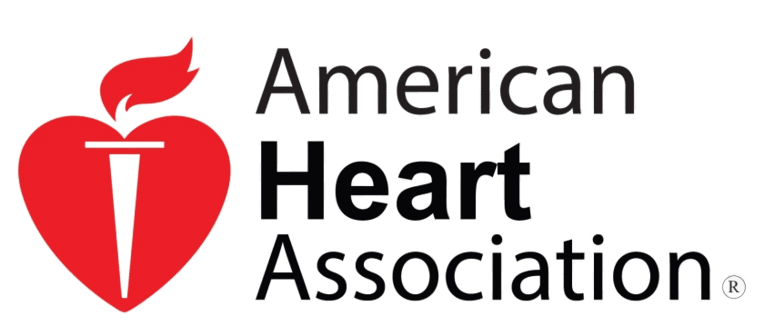 | 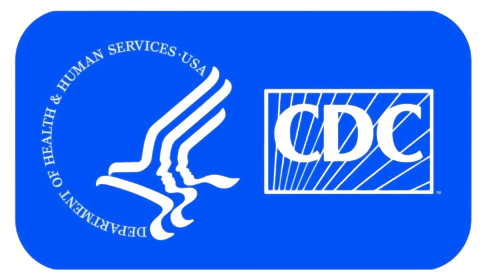 |
The CDC, another federal agency, accepts this definition. Your doctor (even one from the VA) accepts this definition (and treats accordingly). But VA’s disability process only recognizes a diagnosis of hypertension when you have:
-
A SBP greater than or equal to 160 mm HG and a DBP greater than or equal to 90 mm HG.
or - A SBP greater than or equal to 160 mm HG with a DBP under 90 mm HG (aka isolated systolic hypertension).
You can still get a formal VA hypertension diagnosis if you’re already on medication for high blood pressure, so this really only affects people who are trying to control their high blood pressure without medication.
If that’s you, it might help to have your doctor fill out a Disability Benefits Questionnaire diagnosing you with hypertension and documenting what you are currently doing to control it.
2. Examiners are looking for “sufficient medical evidence” to substantiate your hypertension.
Not only do your blood pressure readings have to meet the above definitions, but they must also be documented over a period of three different days and measured at least twice a day.
This is likely not recorded in your medical records in this highly specific way, so the best thing to do is to take your blood pressure at home and keep a log so you can provide it during your exam.
If you don’t have your own blood pressure machine, you can get a reading taken at any local pharmacy. If you’ve been denied a VA hypertension diagnosis in the past on this basis, you can consider filing for a supplemental claim with the evidence outlined above.
3. Take your morning medications!
Sometimes veterans think that not taking their morning medications might result in a higher blood pressure during the exam and, thus, a better VA rating. This is not only untrue (they look throughout years of BP readings in your medical records, not just the “day of”), but it can be dangerous. In fact, it may have the opposite effect if your exam has to be canceled for you to be sent to the hospital for a hypertensive emergency!
Claiming Hypertension for VA Healthcare Benefits After the PACT Act
Some veterans I’ve spoken with recall being told that Agent Orange was “safe enough to drink.” Not only is this wrong, but it couldn’t be further from the truth. We are finding out by the day all of the negative effects this chemical had on veterans exposed during military service. See our article on all of the currently recognized presumptive conditions to find out if you may be suffering from another disease caused by Agent Orange.
If you’ve been denied when attempting to add hypertension as a service-connected condition for VA benefits in the past, now is a great time to consider re-filing with the changes introduced by the 2022 PACT Act legislation.
How To Strengthen Your Claim
For veterans seeking VA disability benefits for hypertension related to Agent Orange exposure, the PACT Act offers a clear pathway. Ensure you have all necessary documentation and consider seeking assistance to navigate the claims process effectively.
